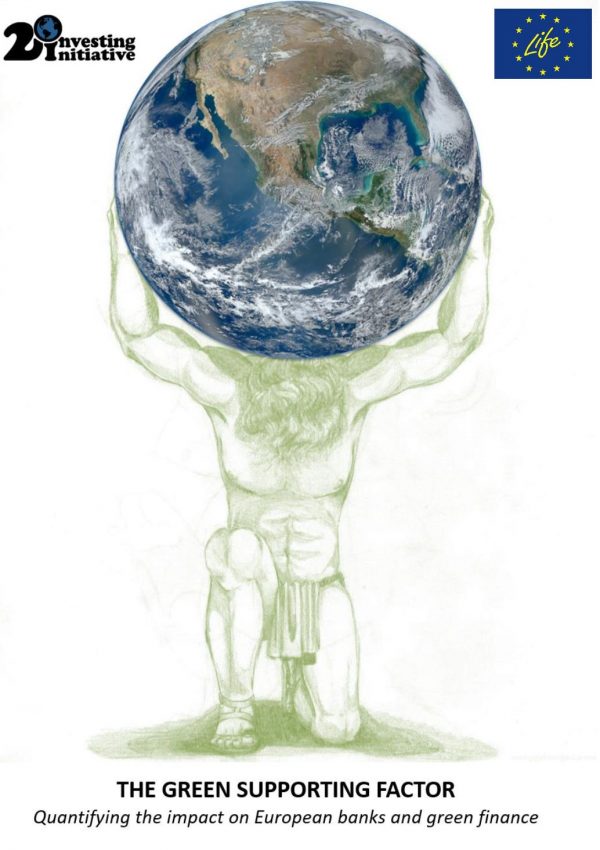This policy initiative suggests the introduction of a GSF or BP may support capital allocation that is consistent with EU climate and sustainability objectives. This paper seeks to estimate the potential impact that such a policy intervention may have both on capital reserves of European banks, as well as the cost and availability of capital to ‘green’ and ‘brown’ investments.
Regarding the effect on overall capital reserve requirements of banks, the analysis suggests that a Green Supporting Factor would have an overall limited effect if compared to the SME supporting factor.
The estimated effect is a reduction in capital requirements associated with a GSF of around €2-4 billion based for a limited definition and €5-8 billion for the expanded definition. In absolute terms and even under an expanded application, the total ‘capital savings’ related to the introduction of a GSF would likely be significantly lower than those identified in response to the SME SF, estimated by the EBA in 2016 at about €12 billion.
A brown penalty through strengthening capital reserves may have a more noticeable impact on investments in high-carbon assets. Assuming a similar capital adjustment than for the GSF (15-25%), the simulated effects are in the ranges of €8-13 billion additional capital requirements for a limited application and €14-22 billion for an expanded application. Even stronger adjustments, such as 50% could lead to a €27-44 billion penalty. The main reason behind the stronger effect is the larger universe of high carbon assets compared to green assets on which such a penalty would be applied.


